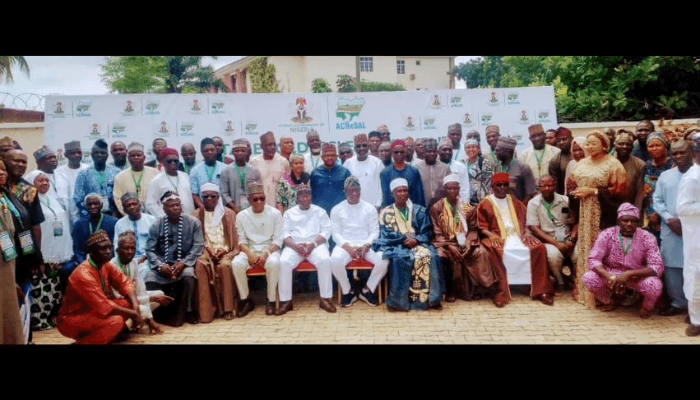Collaborative Efforts in Kogi to Formulate Strategic Catchment Plans Under ACReSAL Initiative
The Federal Government, through the Agro-Climatic Resilience in Semi-Arid Landscapes (ACReSAL) Project, has initiated a comprehensive stakeholder consultation aimed at crafting effective strategic catchment management plans in Kogi State. This engagement marks a critical step towards enhancing climate resilience and sustainable agricultural practices in semi-arid regions.
Strengthening Climate Adaptation Through Inclusive Dialogue
Recognizing the increasing challenges posed by climate variability, the ACReSAL Project emphasizes the importance of involving local communities, government agencies, and environmental experts in decision-making processes. By fostering a participatory approach, the project seeks to develop adaptive strategies that address water resource management, soil conservation, and agricultural productivity.
Addressing Semi-Arid Landscape Challenges with Strategic Planning
Semi-arid zones like Kogi face unique environmental pressures, including erratic rainfall patterns and land degradation. The strategic catchment plans under development aim to mitigate these issues by integrating scientific research with indigenous knowledge. For instance, similar initiatives in neighboring regions have successfully reduced soil erosion by 30% over five years through community-led watershed management.
Looking Ahead: Building Resilience for Sustainable Development
As climate change continues to impact agricultural productivity across Nigeria, projects like ACReSAL are vital for securing food systems and livelihoods. The stakeholder engagement in Kogi not only facilitates the creation of tailored catchment plans but also strengthens institutional capacities for long-term environmental stewardship. This collaborative model serves as a blueprint for other semi-arid areas seeking to enhance their resilience against climatic shocks.


















0 Comments